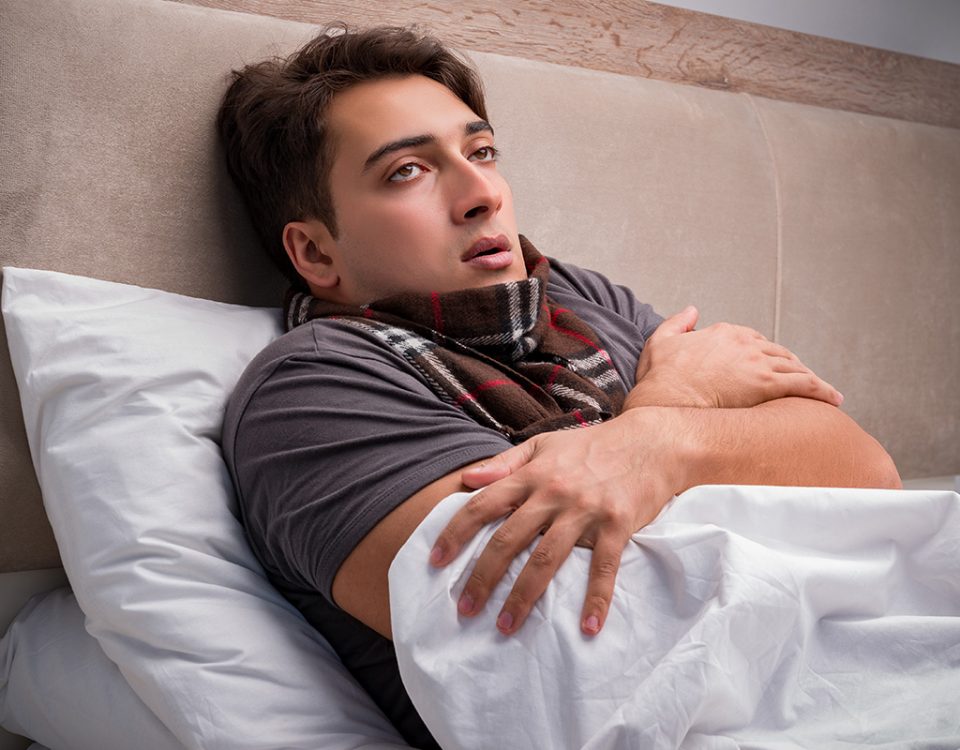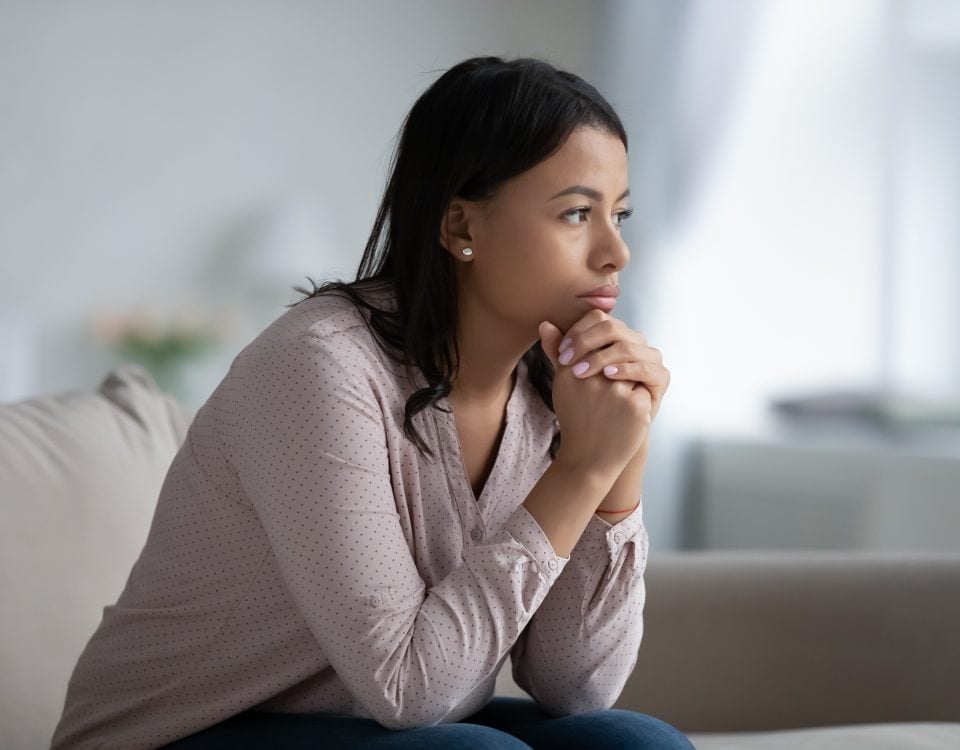As is agreed upon throughout recovery communities around the country, the real challenge of sobriety starts after rehab has been completed. Recovery is a lifelong process, and choosing to undertake the task of sobriety is something that each individual must consider each and every day. This can be overwhelming for some, which is when additional support may be necessary. The Stuart, Florida, Banyan Treatment Center asks and answers the question, “What is a sober living home?”
Explaining Sober Living
A sober living home is typically a privately owned residence designated specifically for individuals recovering from drug or alcohol addiction. These are environments that are intended to be supportive in ways that empower residents to become steady in their sobriety journey and also to maintain it. This is typically achieved through focuses placed on individual restraint and responsibility, community building, and other effective recovery ideals.
The first of these facilities were established in the late 1940s when a handful of AA members decided to accommodate the growing need for low-cost living arrangements that also encouraged AA meeting attendance and sobriety. In fact, as custodial care systems began to lose traction between the 40s and 50s, this created an even more intense need for sober houses.
Because these homes were not fully-equipped rehabilitation centers, it was common for people in the midst of active addiction to be refused access until they began recovery. Once they completed detoxification and committed to their sobriety, they were allowed to take up residence to give them an environment designed to help them maintain their recovery.
Rules and Regulations to Expect in a Sober House
The first and most important priority for residents is upholding their sobriety, which is what a sober living home is all about. That means that if someone were to relapse while staying there, they could be asked to leave as a consequence. That being said, it is possible that if someone were honest about their mistake, they could be given a second chance.
Common rules for residents to follow include:
- Refrain from any drinking or drug use.
- Practice respect for peers and staff.
- Follow the curfew of the facility.
- Be active in activities like chores and meetings.
- No pets or overnight guests.
- Spend a minimum of five nights a week at the house.
- Pay for certain expenses to live there.
- Submit to random alcohol and drug tests.
- Regularly participate in 12-step or AA meetings.
Of course, there will be different regulations depending on the home, but these are common things to expect if you are planning your own stay. These homes can provide an excellent environment that fosters growth and personal accountability and can even grant a strong support system that may be lacking in the person’s own home.
As stated before, it is a common requirement for many of these homes that any potential resident establish their sobriety before attempting to take up residence. Luckily, Banyan offers excellent Florida addiction treatment options for those looking to do just that. Our team of clinical professionals employs a variety of effective therapies and programs that will ensure each patient of ours has the greatest chance at success.
To learn more about these options and how they can help you turn your life around for the better, call Banyan Stuart at 888-280-4763 and speak with an intake specialist today!
Related Reading









